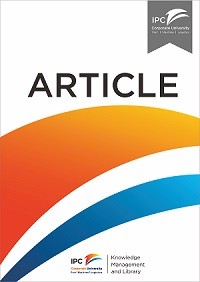Article
Framing the Nexus of Globalisation, Logistics and Manufacturing in Europe
Under the ongoing influence of globalisation, supply chains have changed significantly. New logistics and manufacturing systems have emerged, causing longer transport distances and increasing transport emissions. The existing research into the sustainability impacts of freight transport has largely viewed it as being a macro-level economic and political phenomenon and has ignored the interdependencies amongst micro-level economic actors, including firms and businesses in the private sector. In this paper, we presume that the lack of conceptualisation of freight transport in relation to wider institutional contexts and firm behaviour results in the lack of a holistic approach to understanding freight governance in the face of globalisation. We argue for the use of institutional economic geography lenses to elucidate the distribution networks of emerging logistics and manufacturing practices and its implications for freight transport. We illustrate our argument through a broad look at the European logistics and manufacturing practices and global production.
Ketersediaan
Informasi Detail
- Judul Seri
-
Transport Reviews: A Transnational Transdisciplinary Journal
- No. Panggil
-
ATC LO AKY f
- Penerbit
- Germany : Taylor and Francis., 2014
- Deskripsi Fisik
-
19 p.
- Bahasa
-
English
- ISBN/ISSN
-
-
- Klasifikasi
-
LO
- Tipe Isi
-
-
- Tipe Media
-
-
- Tipe Pembawa
-
online resource
- Edisi
-
Vol. 34, No. 6, 674–690
- Subjek
- Info Detail Spesifik
-
-
- Pernyataan Tanggungjawab
-
Nihan Akyelken
Versi lain/terkait
Lampiran Berkas
Komentar
Anda harus masuk sebelum memberikan komentar

 Karya Umum
Karya Umum  Filsafat
Filsafat  Agama
Agama  Ilmu-ilmu Sosial
Ilmu-ilmu Sosial  Bahasa
Bahasa  Ilmu-ilmu Murni
Ilmu-ilmu Murni  Ilmu-ilmu Terapan
Ilmu-ilmu Terapan  Kesenian, Hiburan, dan Olahraga
Kesenian, Hiburan, dan Olahraga  Kesusastraan
Kesusastraan  Geografi dan Sejarah
Geografi dan Sejarah